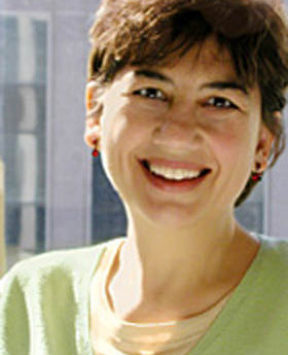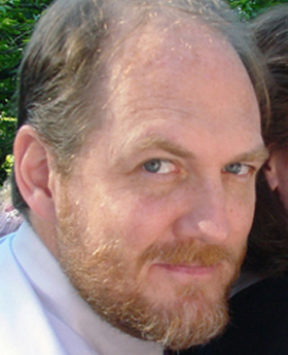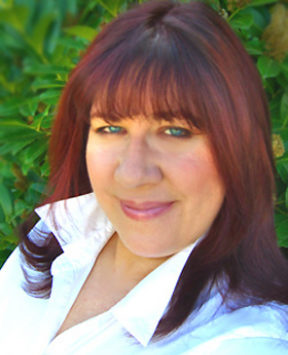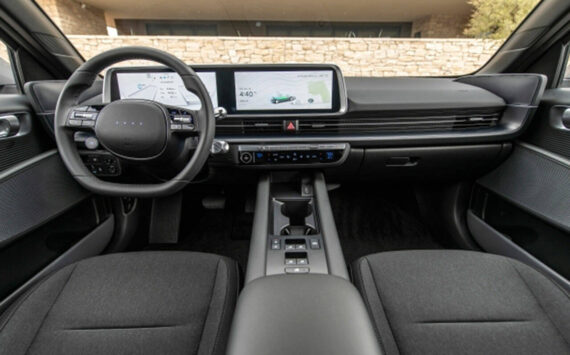Industry experts report that more than 30 million Internet users are banking online — a figure that continues to climb. I recently spoke with David Hallerman, Senior Analyst for eMarketer, to learn more about his companys recent study of online banking.
DANA GREENLEE: You just a came out with the study on online banking. Will you run through some of the numbers? It seems like its growing rapidly.
DAVID HALLERMAN: It is and it isnt. The eMarketer shows that, as of 2004, there are 31.5 million U.S. households banking online. Thats a little bit less than half of all U.S. online households. However, lets define banking online. For a lot of people that means they look at their balances or they see if a check has cleared. They dont even necessarily transfer money from savings to checking. So banking online, the way we and most researchers define it, is having an account with your bank and using their online channel — but not necessarily doing a lot.
GREENLEE: Isnt it almost like a security blanket for a lot of people to be able to log in to see much money they have?
HALLERMAN: It is. Its also more than security its very handy. There is an interesting irony. Lets look at some of the things that keep people from banking online: fear of fraud, fears of identity theft. They think that if it happens online, theyre more likely to have a problem. Its not true, but I understand that kind of fear. At the same time, people who do bank online, by regularly seeing their accounts, if some strange thing is happening, they will probably notice faster than those customers who visit a branch once or twice a month.
GREENLEE: Are a lot of people doing bill payment processes through their online accounts?
HALLERMAN: The majority of people who pay bills online dont do it at their bank site. Some banks still charge for bill payment, although Bank of America and Wells Fargo dont. One of the reasons people like to pay bills online is they can wait for the last moment. Thats much more true when you pay directly to the biller.
GREENLEE: Is the move to online banking making people pay their bills with a credit card?
HALLERMAN: No. People pay their bills online in a similar fashion, so it does go through the bank and it is automatically taken from your checking account.
GREENLEE: Are there any online banks that are doing well or has business gravitated toward the bricks and clicks bank chains?
HALLERMAN: The majority have been with the established banks, but there are exceptions. One of the notable exceptions is ING Direct which, in the United States over the last three or four years, has grown from nothing to being the 35th largest bank.
GREENLEE: Certainly security is a concern. Is it really as big of a problem as media portray?
HALLERMAN: When it comes to trust insecurity, perception is as important as reality. In fact, online banks are among the most secure places for any kind of commerce on the Internet. At the same time, there are problems like phishing: false e-mail that is sent to presumably from your bank saying there is some missing information on your file. The e-mails are scams and the Web sites you are directed to are scams. If you respond to a phishing e-mail and give information, you might be a victim of identity theft.
The full audio interview with David Hallerman is available at http://WebTalkRadio.com.
Dana Greenlee is co-host/producer of the WebTalkGuys Radio Show, a Tacoma-based nationally syndicated radio and webcast show featuring technology news and interviews.
This Saturday, WebTalk Radio guest is Robin Miller, editor-in-chief for Open Source Technology Group (OSTG), an online tech news publishers, that publishes Slashdot.org, ITManagersJournal.com, NewsForge.com and Linux.com. Robin has written “Point & Click Linux: Your Guide to Hassle-Free Computing”.
WebTalk Radio is heard locally on KLAY 1180 AM Saturdays 11-Noon and Tuesdays on KVTI 90.9 FM at 10:30 pm as well as online at http://www.WebTalkRadio.com.






